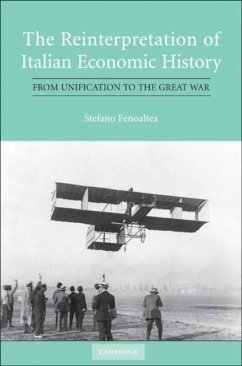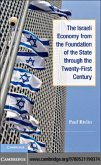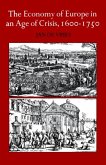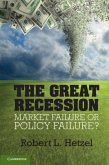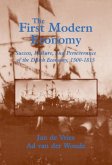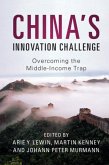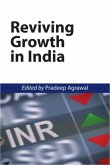Post-unification Italy was part of a wider world within which men and money circulated freely; it developed to the extent that those mobile resources chose to locate on its soil. The economy's cyclical movements reflected conditions in international financial markets, and were little affected by domestic policies. State intervention restricted the internal and international mobility of goods, and limited Italy's development: it kept the economy weak, reduced Italy's weight in the comity of nations, and paved the way for the frustrations and adventurism that would plunge the twentieth century into world war.
Dieser Download kann aus rechtlichen Gründen nur mit Rechnungsadresse in A, B, BG, CY, CZ, D, DK, EW, E, FIN, F, GR, HR, H, IRL, I, LT, L, LR, M, NL, PL, P, R, S, SLO, SK ausgeliefert werden.

